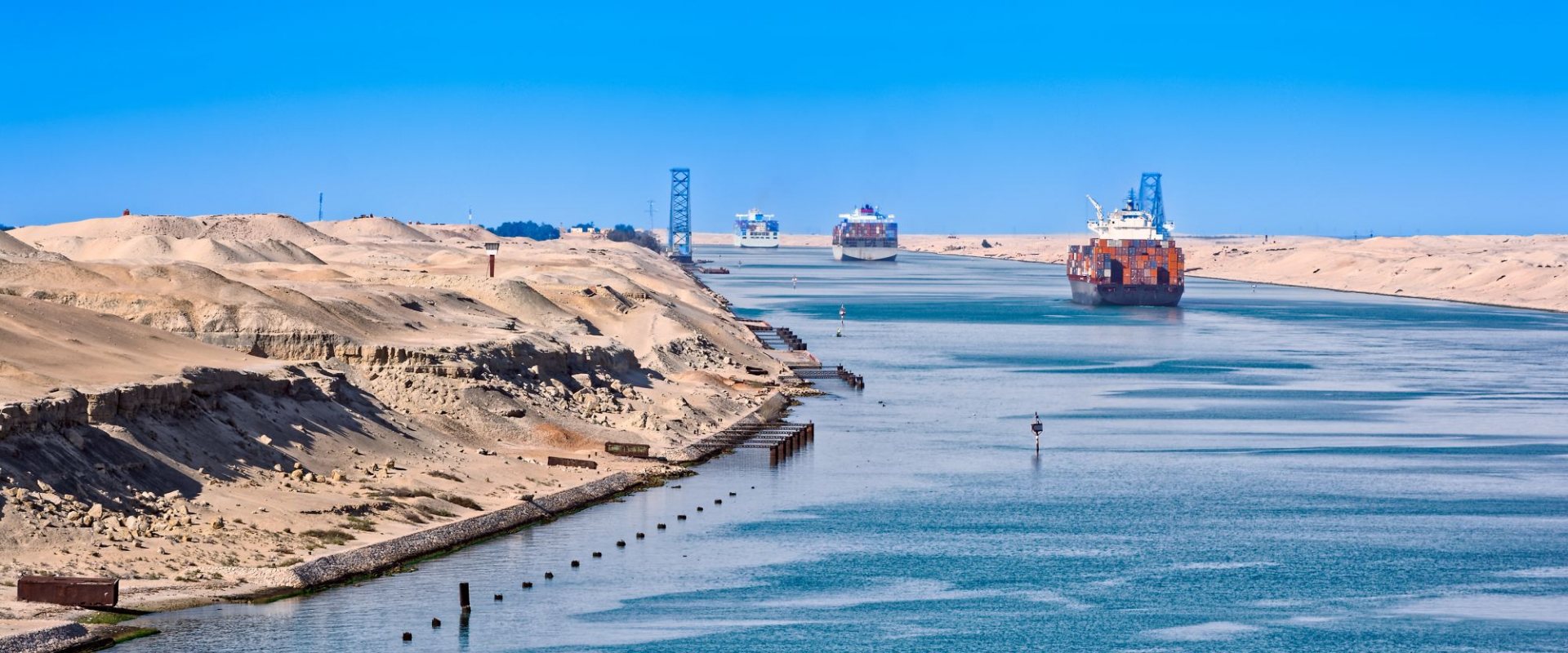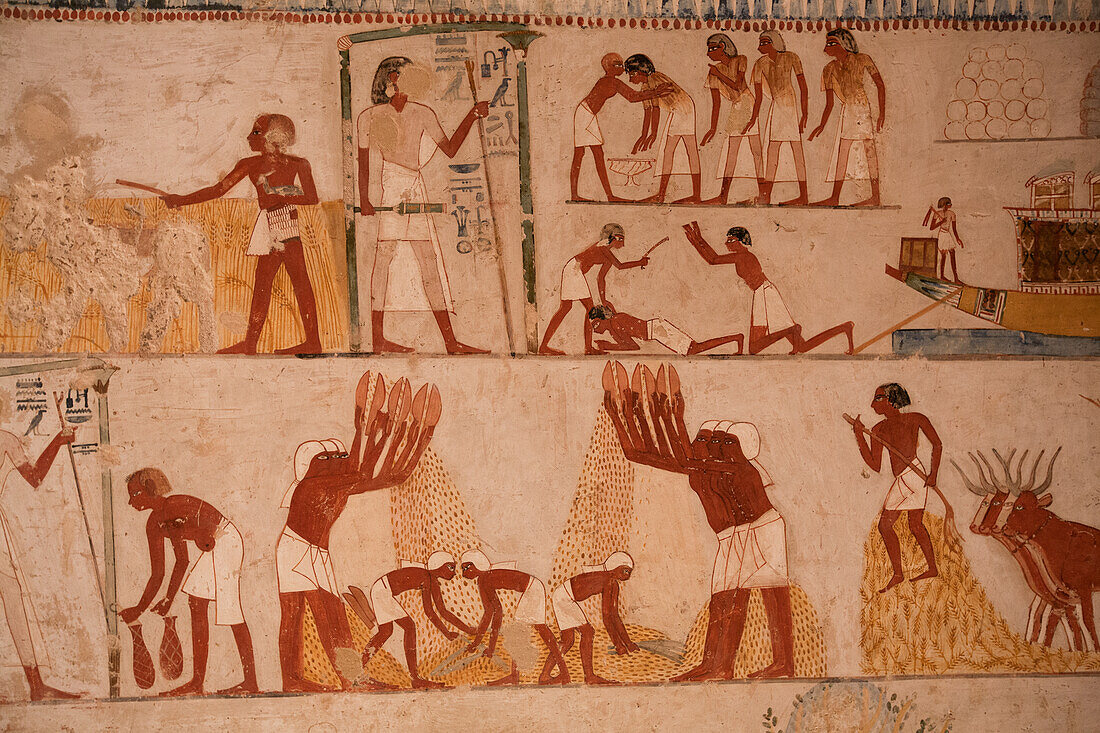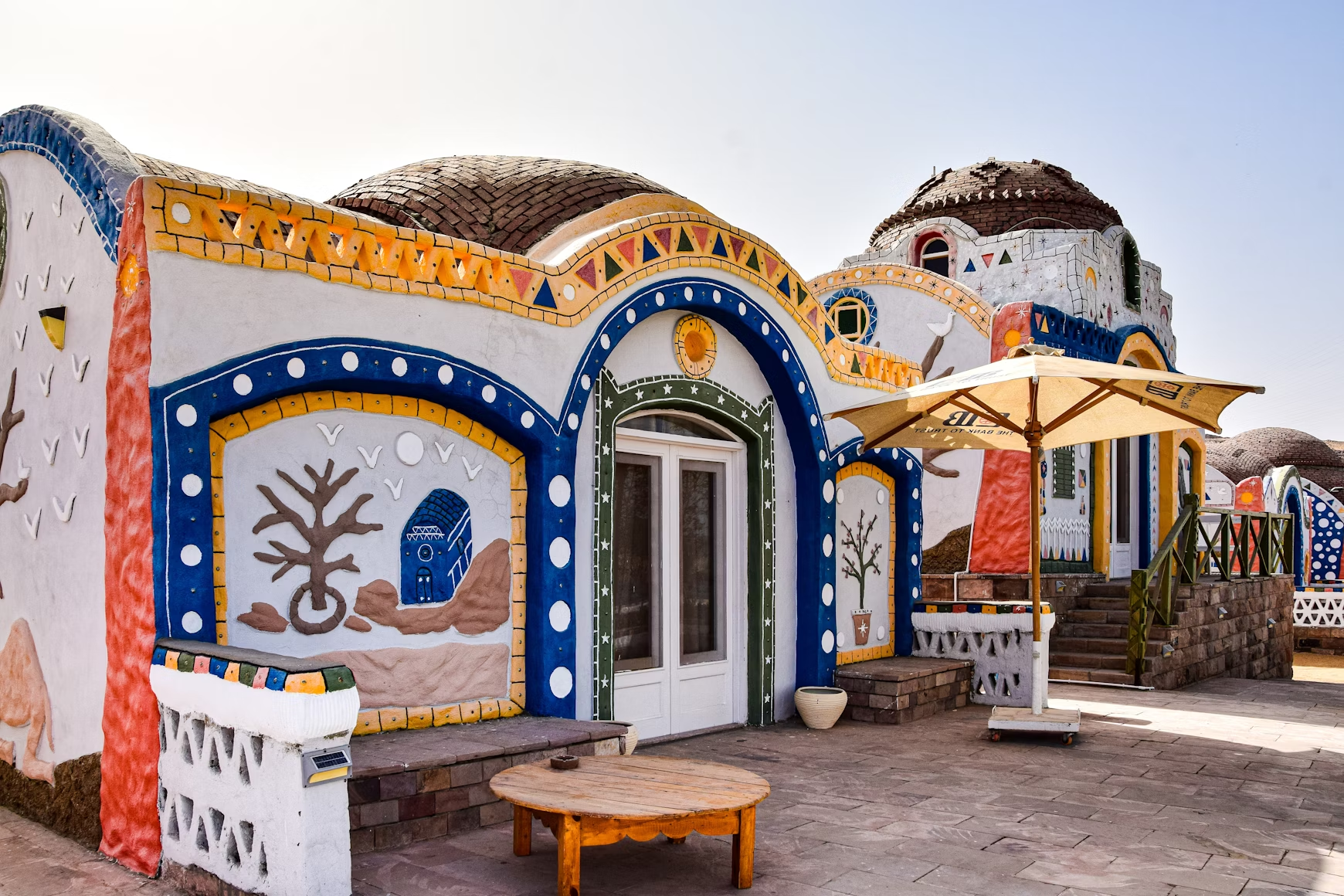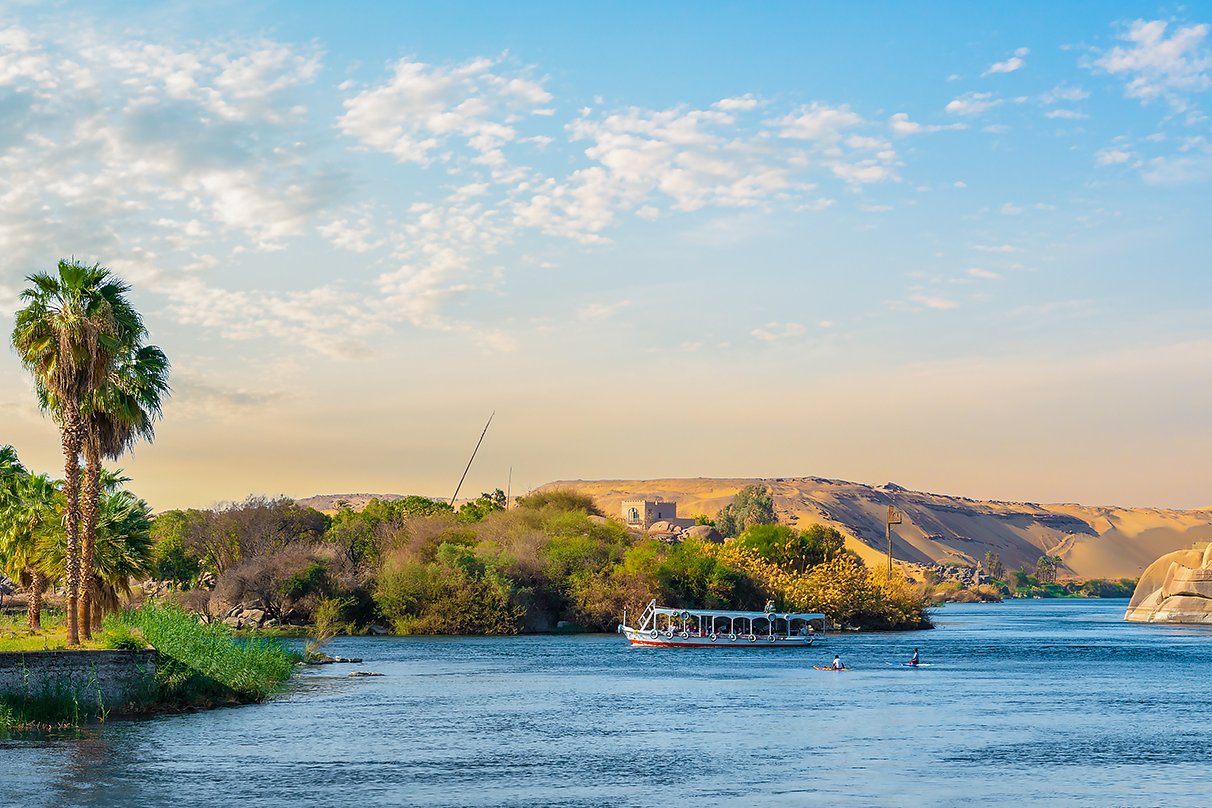Historical Importance of the Suez Canal
Constructed for the coming vessels in 1869, the Suez Canal bridges the Red Sea to the Mediterranean Sea and divides the ocean shipping course between Europe and Asia by thousands of miles. Ships would make a much longer and riskier journey around Africa's southern tip before this construction. So this became an important route for the speedy and efficient transportation of goods and troops. Thus, Suez Canal's importance has been echoed across many events in history: wars and political disputes highlight its operational significance to the country's strategies.
Historically, the canal served purposes other than trade; it has also served as the window into Egypt's geopolitical importance. The nationalization of the Suez Canal by President Gamal Abdel Nasser of Egypt in 1956 led to the Suez Crisis, a military operation by Britain, France, and Israel to regain control over it. This event showed not only how much power the canal possessed over international relations but also to what lengths countries would go to maintain control over this vital waterway.
Suez Canal and Modern Global Trade
The Suez Canal has not been the pillar of modern global trade since the dawn of the century. Some 10% more than have counted of global trade will find its way through this network year after year. This is the backbone of the global supply chain. This helps ships traveling from Europe to Asia stay away from the long and dangerous route around Africa, making trade possible without actually taking the trip halfway around this continent. The canal has been coined a lifeline for industries that rely on oil, consumer goods, and electronics, which greatly rely on swift transport between continents. Additionally, for travelers, the Suez Canal is close to some incredible Red Sea attractions, adding another layer of significance to this vital route.
Recent years saw the canal being extended and modernized, also greatly. Egypt completed in 2015 the Suez Canal Expansion Project, which essentially involved the construction of a new parallel channel and deepening the existing waterways. The increased capacity and efficiency of the canal reduce the waiting time and permit even larger vessels to pass through. The more global trade grows, the more it positions the Suez Canal as one of the essential assets for maintaining a smooth flow between East and West.
The Suez Canal has become a passageway running through the walls that comprise a considerable amount of global trade. Trade, which will be moving through the walls and will influence international relations. The historic and modern events rooted in these walls will continue to touch them for centuries to come. This is in trade as well as in bolstering yet another geopolitical focal point, the Suez Canal, which forever will remain indispensable in the world.
 English
English















